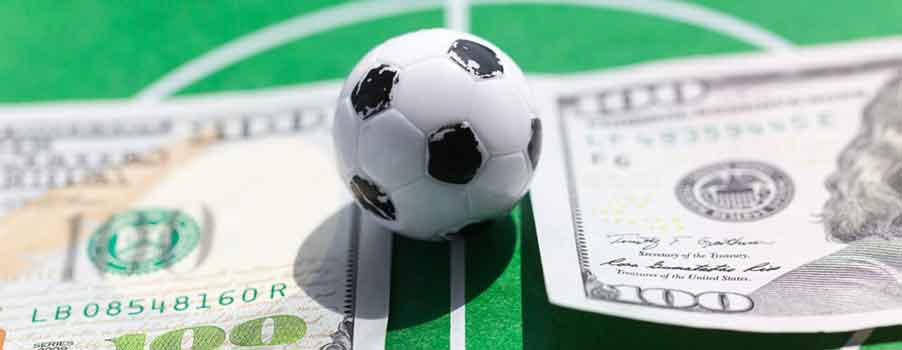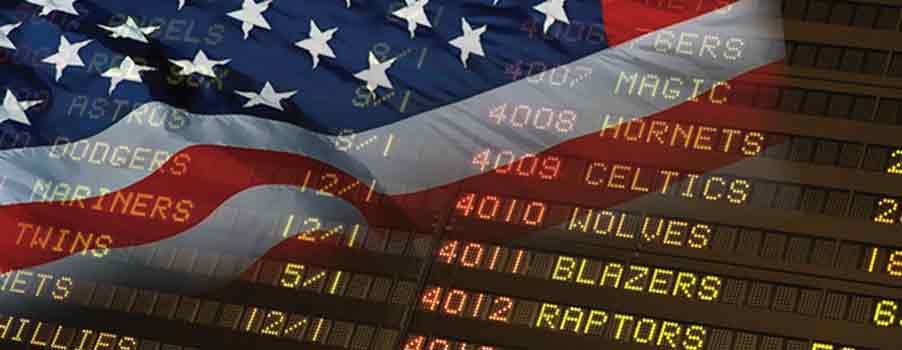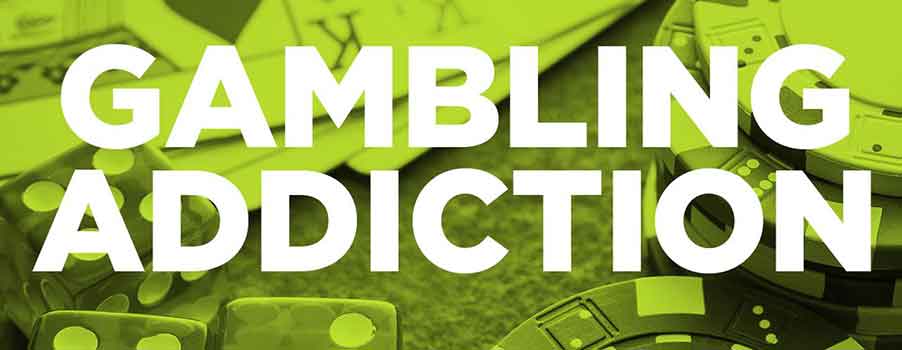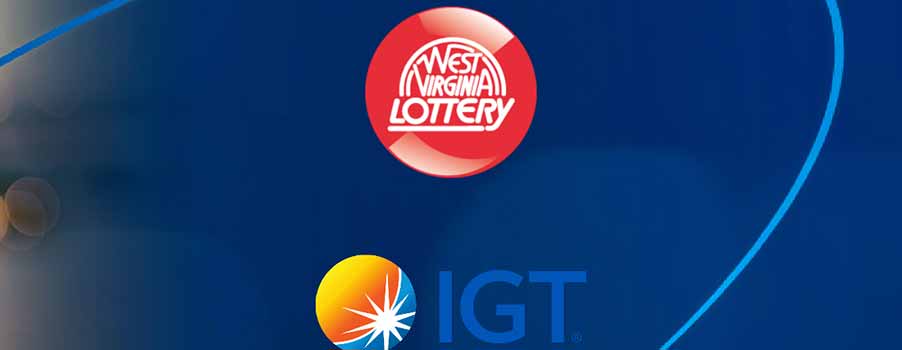After months of speculations details regarding a new bill have leaked revealing plans for a sweeping reform to sports betting in the United States. If the bill passes, states would be required to have their sports betting laws approved by the country’s Attorney General and purchase official major league data. The latter seems to be a nod to the professional sports leagues which have been lobbying for integrity fees – the sports betting operators would be required to use only league-sanctioned data until at least 2023.
However, the bill which is being, championed by Utah Senator Orrin Hatch who has been a longtime opposer of gambling, is facing a number of significant obstacles due to opposition especially from the growing number of states that have either create their own sports betting regulations or are planning to.
The language in the draft bill seems to contradict the May 2018 U.S. Supreme Court ruling that abolished PASPA and lifted the federal on sports betting thus allowing states to make their own sports betting regulation. To put this into perspective, the Supreme Court ruled that it had found the Professional and Amateur Sports Protection Act (PASPA) to be unconstitutional and decreed that states would be able to regulate their own gambling industries especially with regards to sports betting.
The Implications
The bill not only gives the federal government the power to veto the sports betting laws and regulation that have been put in place by the state governments but also bans the residents of these states from wagering on amateur sporting events. Moreover, the bill will make amendments to the Wire Act and this will allow some elements of sports betting information to flow from one state to another.
In addition to these, the draft bill further calls for the formation of the National Sports Wagering Clearinghouse. This would be responsible for collecting anonymized sports betting data in real-time – this data will include such aspects as the amount and type of wagers, the dates and time when the bets, where the bets were placed as well as their outcomes. In essence, the proposed clearinghouse is meant to monitor unusual betting patterns and potential signs of corruption. The legislation further addresses concerns related to sports betting-related advertising as well as problem gambling, both of which have been very hard to deal with effectively.
So, could this bill pass? Well, the passing any bill is an uphill task mostly due to the country’s contemporary political environment but this particular bill’s biggest obstacle is the fact that it has not been received well by gambling stakeholders. Even the American Gaming Association is against it. In other words, the bill is unlikely to gain momentum, at least not for the upcoming 116th Congress that convenes in January.










